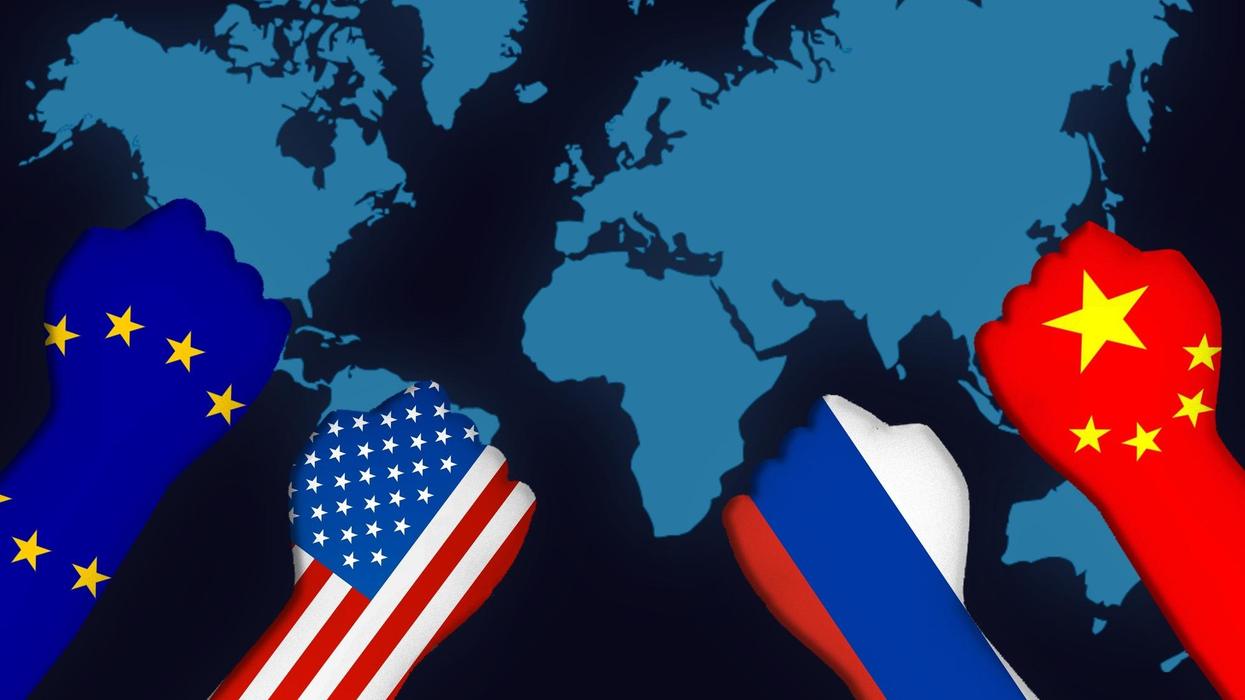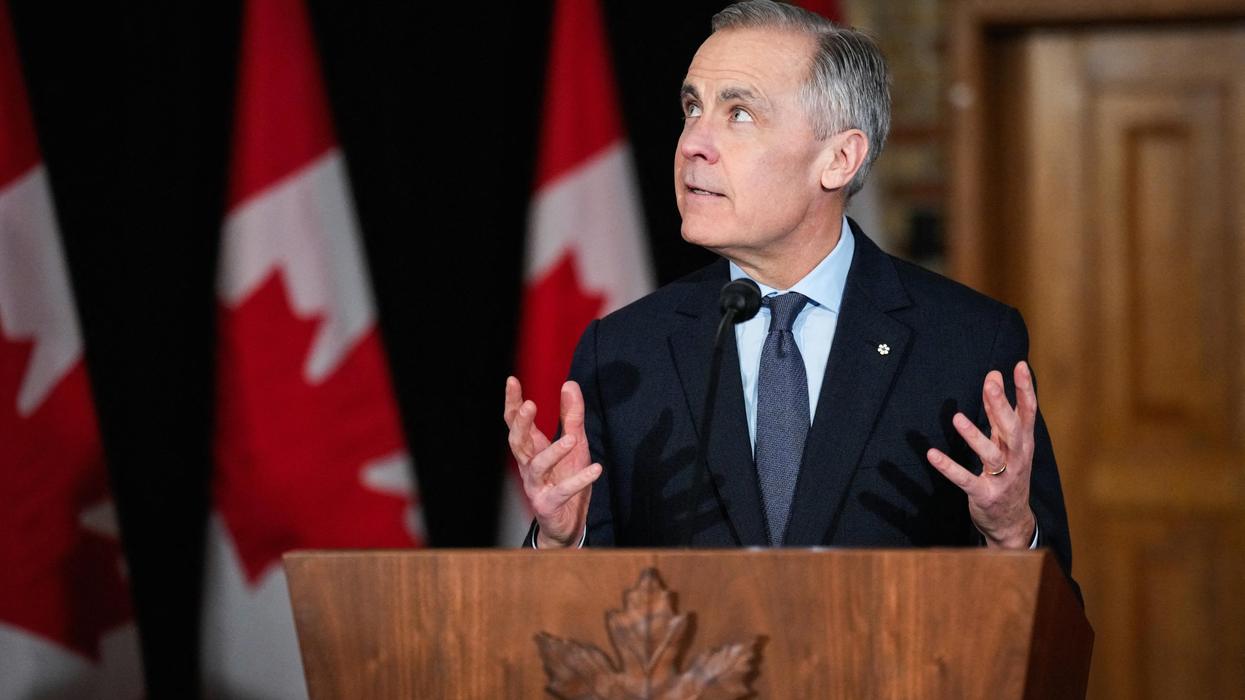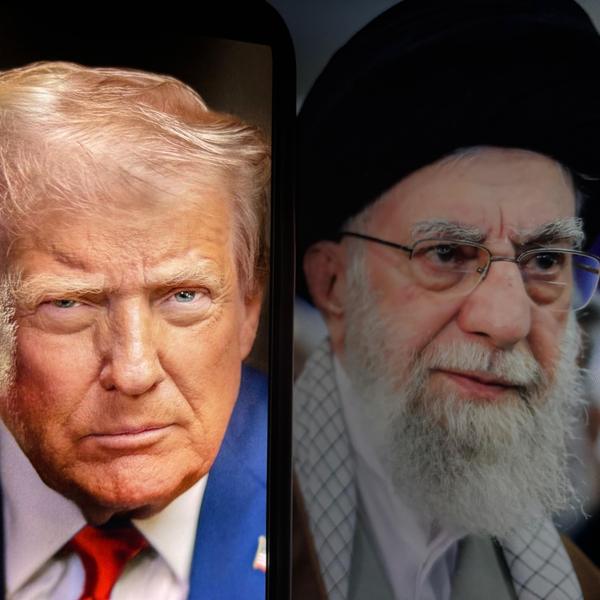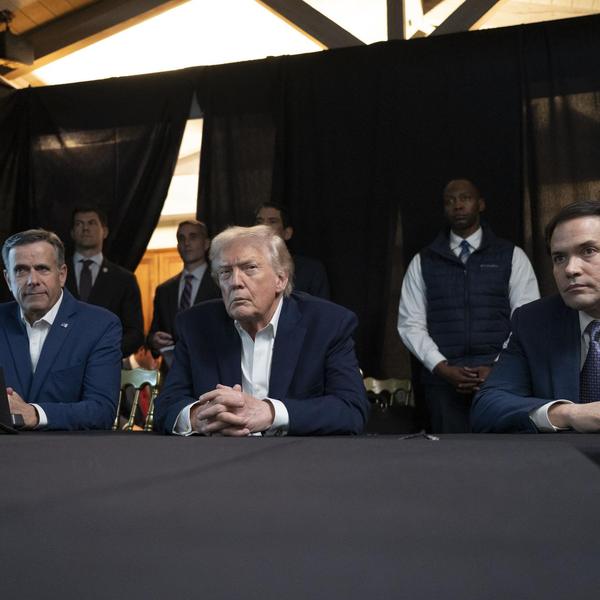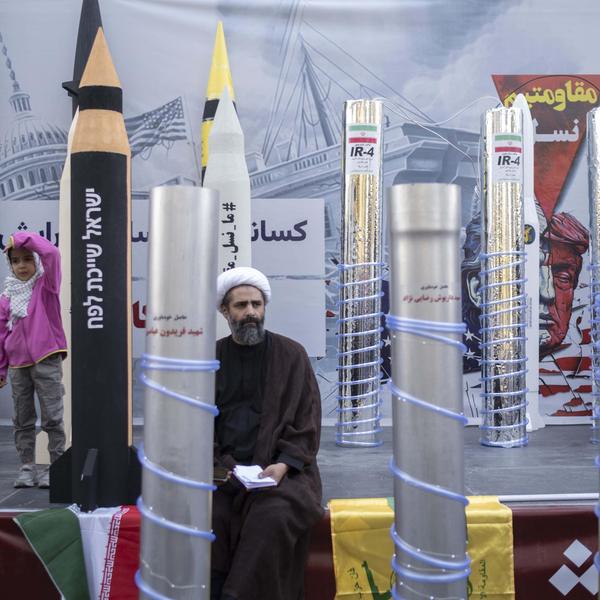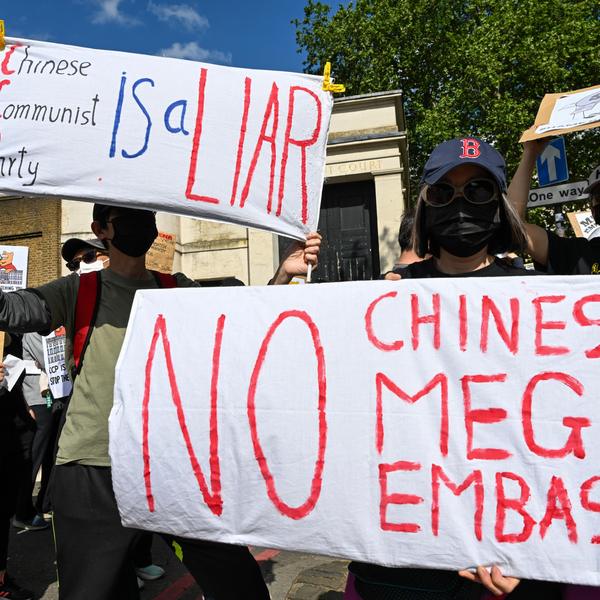Late last month, Israel’s chief diplomat Yair Lapid visited Bahrain for the opening of his country’s embassy in Manama. He met with King Hamad Al Khalifa, Lapid’s counterpart Abdullatif bin Rashid Alzayani, and other high-ranking Bahraini officials.
Yet many in the Arabian archipelago were unhappy. Scores of Bahrainis took to the streets in Manama and Sitra (an island that has been described as “a hotbed of Shia resistance” to the regime) to protest Lapid’s visit.
They also demanded the closure of Israel’s diplomatic mission. Footage showed at least one burning Israeli flag. Al-Wefaq, Bahrain’s dominant Shia opposition political party which the government dissolved in 2016, released a statement condemning the top Israeli diplomat’s visit.
"The protests in Bahrain were a reminder to all other Arab states that Palestine remains important to the 'Arab Street' - a fact that leaders in the region must consider before going down the normalization route with Israel"
Such unrest and outcry came as no shock given that less than 20 percent of Bahrainis support formalised relations with Israel, according to one poll cited by ILTV Israel News. Nonetheless, the protests were a reminder to all other Arab states that Palestine remains important to the ‘Arab Street’ - a fact that leaders in the region must consider before going down the normalization route with Israel.
The United Arab Emirates (UAE) and Bahrain, as the first two Arab states in the Abraham Accords, faced significantly different levels of domestic and regional threats because of their decisions to formalize relations with Tel Aviv. The risks of the Abraham Accords playing out in problematic ways have been much higher in the island kingdom than in the UAE, which enjoys far more political stability and wealth than Bahrain.
Bahrain has experienced sporadic episodes of militancy as years-old political and social problems remain unresolved. The country’s ruler-ruled social contract has come under significant stress with the government becoming dependent on external (Emirati and Saudi) financial and security assistance.
This is to say that Bahrain’s situation is unique when it comes to the Abraham Accords “because the monarchy is already illegitimate in the eyes of a large part of the population,” said Ryan Bohl, a Middle East analyst at risk consultancy Stratfor/Rane, in an interview with The New Arab.
In Bahrain, there has been a history of street activism. Compared to the UAE, Bahrain has a strong civil society - one that has long cared about the Palestinian cause. “As early as 1947, news of the United Nations partition plan sparked demonstrations in Manama, where a rising movement for liberation from British colonial rule demanded solidarity with the Palestinians,” explained Dr Elham Fakhro, a visiting scholar at the UK’s University of Exeter.
“Demonstrations in their favor erupted at every juncture: during the 1956, 1967 and 1973 Arab-Israeli wars, during Israel’s 1982 siege and bombardment of Beirut and during successive Israeli assaults on the Gaza Strip in 2002 and 2006.” Amid the Arab Spring protests of 2011, there were cases of Bahrainis waiving both Bahraini and Palestinian flags. The inclusion of the latter represented pan-Arab unity to some and a common struggle against injustice to others.
Even prior to the Abraham Accords, Bahraini citizens protested their government’s perceived abandonment of the Palestinian struggle when Manama was helping the Trump administration sell the “Deal of the Century” to a wider Middle Eastern audience.
Then after Bahrain joined the Abraham Accords in 2020, 17 political and civil society organizations representing widespread segments of Bahrain’s society (Sunni and Shia, secular and Islamist, labour groups, leftists, etc.) signed a statement denouncing normalization.
“Protests and political demonstrations in Bahrain are nothing new, although from the authorities' point of view it is probably not ideal that another source of grievance has been added to an already combustible mix, especially one that has the potential to cut across sectarian and other divides in the country,” Dr Kristian Coates Ulrichsen, a Middle East fellow at the Baker Institute, told TNA.
“Bahrain has always had a strong pan-Arab and Islamic current in its domestic politics, going back to the earliest stages of the Arab-Israeli conflict, and the latest protests indicate that the issue retains its mobilizing power among Bahraini citizens from multiple backgrounds.”
"Bahrain's situation is unique when it comes to the Abraham Accords because the monarchy is already illegitimate in the eyes of a large part of the population"
Bahrain stays the normalization course
Notwithstanding domestic risks, it is difficult to see Manama reversing course when it comes to Israel. As the only Gulf Cooperation Council (GCC) state to refrain from making any diplomatic overtures to Iran this year, Bahrain remains extremely concerned about (what officials in Manama see as) a grave threat to Bahraini security posed by Tehran.
Viewing Israel as an important partner in the struggle against Iran’s foreign policy agendas, Bahrain sees the Jewish state as an important player for Manama to move closer to.
This is especially so against the backdrop of mounting concerns about Washington’s commitment to the region in the aftermath of the botched US withdrawal from Afghanistan.
Additionally, although US officials will continue discussing human rights abuses in Bahrain, the Gulf kingdom’s normalized relationship with Israel and outreach to Jewish organizations in North America will enhance the Manama regime’s reputation in Washington.
Even before the 2011 Arab Spring crisis that put Bahrain’s human rights abuses in more of an international spotlight, the leadership in Manama began highlighting Bahrain’s tolerance of Jews and the history of this religious minority in the country. Some observers saw such efforts as part of a PR campaign aimed at cementing ties between Washington and the GCC state hosting the US Navy’s Fifth Fleet and enjoying Major non-NATO Ally status since 2002.
Expansion of the Abraham Accords
Looking ahead, with the US and Israel working to bring more Arab states into the Abraham Accords, these governments in the region face a dilemma. Should they join the UAE and Bahrain in trying to bury the Palestinian issue in exchange for normalized relations with Israel? Or should they stand by the Arab Peace Initiative (linking normalization to Israel returning to its 1967 borders and accepting a sovereign Palestinian state with its capital in East Jerusalem)?
If one ignores the people and the concept of Palestine altogether, it is understandable why some Arab governments have chosen the normalization route and why others may do so before long. Whether focused on military ties, trade, investment, technology, energy, agriculture, tourism, education, or countless other domains, Arab countries can gain from formalized partnerships with Israel - a wealthy, highly educated, and innovative country.
The Arab states which normalized relations with Tel Aviv last year seek to benefit from newly formalised relations with Israel in some ambitious ways.
But, again, a problem for at least some of these governments is that many Arab countries’ populations are unlikely to ignore the Palestinian plight altogether. This reality was on display in Bahrain following Lapid’s recent visit. It was also highlighted in May when anti-Israel protests took place in 46 Moroccan cities amid the Gaza-Israel war.
As the US is working to bring more Arab and Muslim countries onto the normalization route, Washington will want to help Bahrain’s government and others contain any destabilizing consequences of their decision to open full-fledged diplomatic relations with Israel.
This is largely so that other states in the Middle East and/or Africa will look at the experience of countries in the Abraham Accords and be encouraged to join. As those in Biden’s team have repeatedly stated, the expansion of the Abraham Accords is a goal for the administration when it comes to the Middle East.
This article has been republished with permission from The New Arab.


